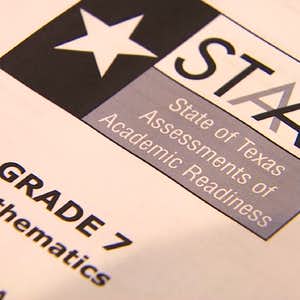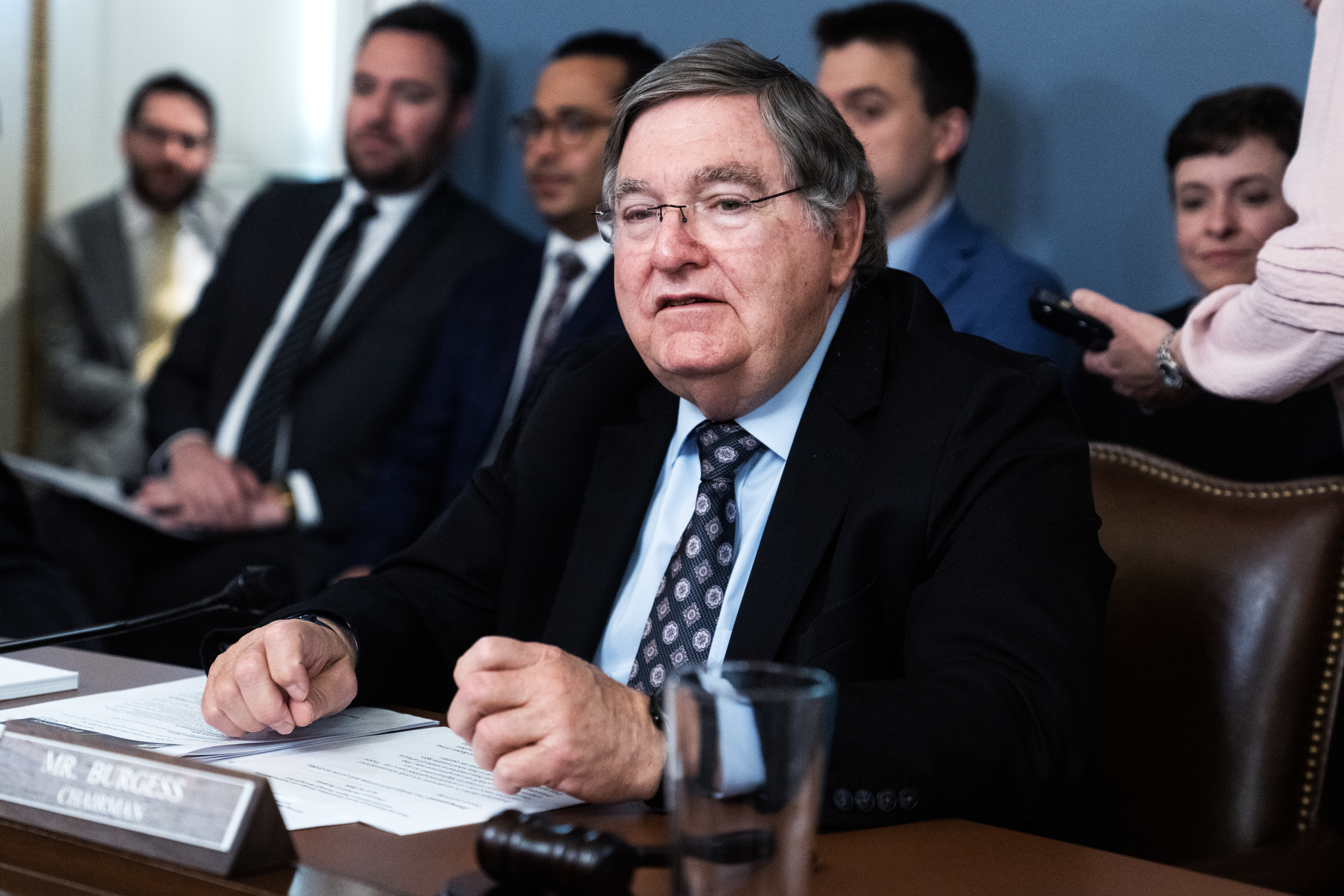Dr. David Ford's broken heart became his motivation to help fix other people's brains.
Ford, 71, a professor at the University of Texas at Dallas, watched his mother slowly slip away to Alzheimer's disease. He said he began to notice her memory lapses as she reached her 70s.
"She would misplace things. She began imagining people that didn't exist," he said. "I didn't really know anything about Alzheimer's disease, so I had no idea that these were some early signs."
Something else Ford didn't know was his mother, as a black woman, was particularly likely to develop the degenerative, irreversible condition. Research indicates that black people are twice as likely as white people to develop the disease and nearly 2/3 of Americans with the disease are women, according to the Alzheimer's Association.
"Part of what we don't fully understand is why," University of Texas Southwestern Medical Center neurologist Dr. Mary Quiceno said.
Quiceno told NBC 5 about the research UT Southwestern's Alzheimer's disease Center is conducting to answer that question.
"We need to know why. We need to know why that population is so vulnerable to Alzheimer's disease," she said. "And the only way to do that is through people coming in, volunteering in our research."
Local
The latest news from around North Texas.
Participation in the UT Southwestern Alzheimer's studies, particularly in the black community, is far behind the numbers that researchers say they need. Researchers fear that members of the black community simply do not trust the motives behind medical research of any kind.
"Gaining that trust is the most difficult challenge that I think I've had to deal with in the community," Alzheimer's disease Center Community Outreach Coordinator Patricia Knowles said.
For his part, Ford is leading the way and trying to convince other black people that there is nothing to be afraid of.
"People are a little anxious or a little leery when you ask them to participate in research," he said.
To combat the anxiety, Ford allowed NBC 5 to watch as he went through his most recent battery of cognitive tests: A biannual exam consisting of flash card recognition and other cognitive evaluations in addition to CT scans of his brain function.
"Since there can be a hereditary component to the disease, I want to know if I start slipping, or if things start going downhill," Ford said.
So far, Ford is pleased to report he is registering as normal. But he will be far more pleased to help researchers identify a cause, or a cure for Alzheimer's.
"I'm sure that's years off, but each year I think we get closer and closer," he said. "Something has to happen real soon. I mean it's really critical. It's a ticking time bomb."
Online:



